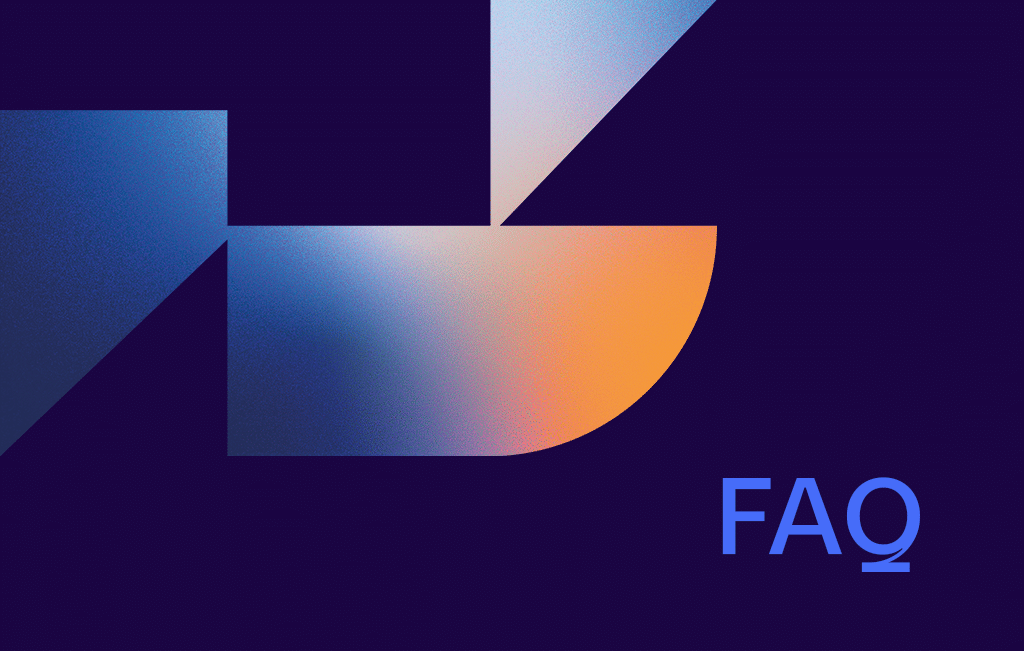Stay up to date with the latest Gevers news by signing up for our newsletter.
Copyright is an intellectual property right that grants the creator of an original work legal protection. ‘Originality’ requires the work to be ‘its author’s own intellectual creation’.
Copyright is automatically created when a person creates a copyrightable work.
Copyright protection solely extends to the tangible medium of expression of an idea, not to the actual ideas, procedures and concepts.
Works protected by copyrights include:
– artistic works (paintings, drawings, photographs, dancing or acting performances)
– literary works (books, newspaper articles, translations and other writings)
– music, film (compositions, screenplays, lyrics, records)
– computer programs
– technical drawings
– databases
Copyrights grant two types of rights. Economic rights allow owners to derive financial rewards from the use of their work, such as the reproduction right. These rights can be transferred.
Moral rights protect the author’s non-economic rights, such as the author’s reputation. These rights always remain the property of the original authors.
You don’t only need to know what copyright is, but also how to register and protect your work?
This is how we empower you:
- Determine the copyright status of your work(s)
- Advise on measures to prove protection
- Identify rights of other parties and related risks
- Assist you with the registration of copyrights
